Andrew O’Hagan of the London Review of Books did something very valuable this week: he re-complicated Grenfell. His 60,000-word piece ‘The Tower’, which takes up the entire current issue of LRB, wrestles the Grenfell calamity from the infantile moralising of Corbynistas and much of the commentariat, and reminds us that this was a strange and complex and horrific event that is not bendable to simplistic point-scoring. And of course he’s being pilloried for having done this, for daring to suggest the Grenfell horror isn’t a black-and-white one.
His piece is a thorough account of both the fire and its fallout. It makes for grim reading. And it has proven explosive because it calls into question the childish reading of Grenfell as the handiwork of nasty Tories or greedy rich people that some on the left have breathlessly promoted over the past year. You remember: Labour MP Clive Lewis tweeting ‘Burn neoliberalism, not people’; Polly Toynbee saying this fire ‘perfectly captures the politics of the past seven years’, as if the Tories themselves authored this disaster; an Owen Jones piece suggesting the Grenfell horror would allow ‘Labour [to] seize the initiative’, as if people’s deaths were a political opportunity. O’Hagan has started the process of rescuing Grenfell from such low tragedy-milking.
O’Hagan’s most controversial argument is that the fire service made mistakes. He says its ‘Stay Put’ policy meant people were being told to stay in their flats two hours after the fire started. ‘[A]t no point did fire chiefs order a full evacuation of the building’, he writes. In the most chilling section, he writes about the recorded phone calls to the emergency services: ‘The calls are harrowing. The callers are often panicking, choking, praying, but, for hour after hour, the advice was the same – stay put.’ No one doubts the bravery of firefighters — we all saw it on our TV screens. But perhaps fire-service policy needs a rethink? And perhaps mistakes made on the night itself challenge the highly politicised claim that Tory austerity or neoliberalism somehow ‘caused’ the 72 deaths?
O’Hagan further challenges the image of Grenfell as a fiery byproduct of Tory cuts and right-wing wickedness by reminding us what the previous Labour government got up to. He points out that Britain once viewed its fire service as ‘a last line of defence’, to such an extent that you ‘had to get the permission of the Home Secretary to close a single fire station’. But that started to change ‘during the Blair era’, leading to a ‘flurry of reductions in the fire service’. What’s more, it was partly the ‘Blair government’s deregulation mania’ that allowed the construction industry to start taking safety shortcuts. The ‘Tory cuts’ cry in response to Grenfell doesn’t stack up; it smacks of morbid opportunism.
O’Hagan takes to task media moralisers who pinned the blame for Grenfell on everything from gentrification to the avarice of other Kensington residents who apparently insisted Grenfell be wrapped in cladding so it wouldn’t be such an eyesore. He criticises Jon Snow for his ridiculous questions about gentrification in the immediate aftermath of the fire and for inviting the likes of Lily Allen on to spread conspiracy theories about the death toll being downplayed. In British journalism today, the ‘rush of personal conviction has… overwhelmed the essential dynamics of professional doubt’, O’Hagan says. A woman who works in child services in Kensington and Chelsea council — and who has been a Labour voter for 35 years — told him: ‘I used to love Channel 4 News. Now I hate it.’
Most blasphemously of all, O’Hagan has a pop at the sainted Stormzy. Stormzy won effusive media praise for his BRITS performance in February, during which he rapped: ‘Yo, Theresa May, where’s the money for Grenfell?’ He was tapping into a widely held sentiment that the Grenfell survivors had been neglected. In fact, as O’Hagan points out, of the £24,993,386 raised in public donations, £23,726,876 of it had been fairly swiftly distributed directly to survivors of the fire or the next of kin of those who perished. Stormzy looked like ‘just another rich pop star taking advantage of people’s pain to sound relevant’, says O’Hagan.
The same can be said of many of those who have promoted a morally reductive view of the fire, who have used the fire to hurt their political enemies and boost their own moral standing. This has been particularly pronounced among Corbynistas. For them, Grenfell has become a kind of tragedy porn, a horror they pore over in a sometimes perverse way, a calamity given a starring role in their narcissistic narrative about the Tories being the source of all evil and the Corbyn set being caring and nice. They have engaged in some serious pity-signalling. To them, Grenfell proves the poor are vulnerable and that it falls to the aware, wise, well-educated Corbyn set to protect them.
Naturally, such moralising requires the erasure of complexity, and the shushing of difficult questions, even of certain facts. So, well done, Mr O’Hagan, for muddying this moral narrative with the awkwardness of reality.


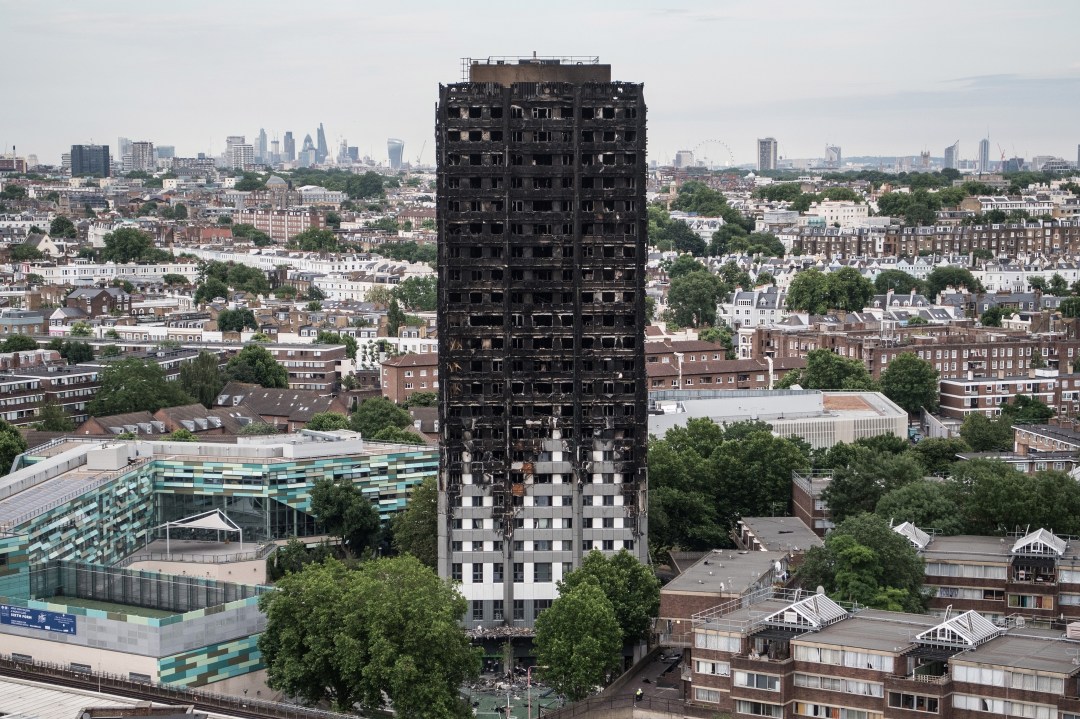
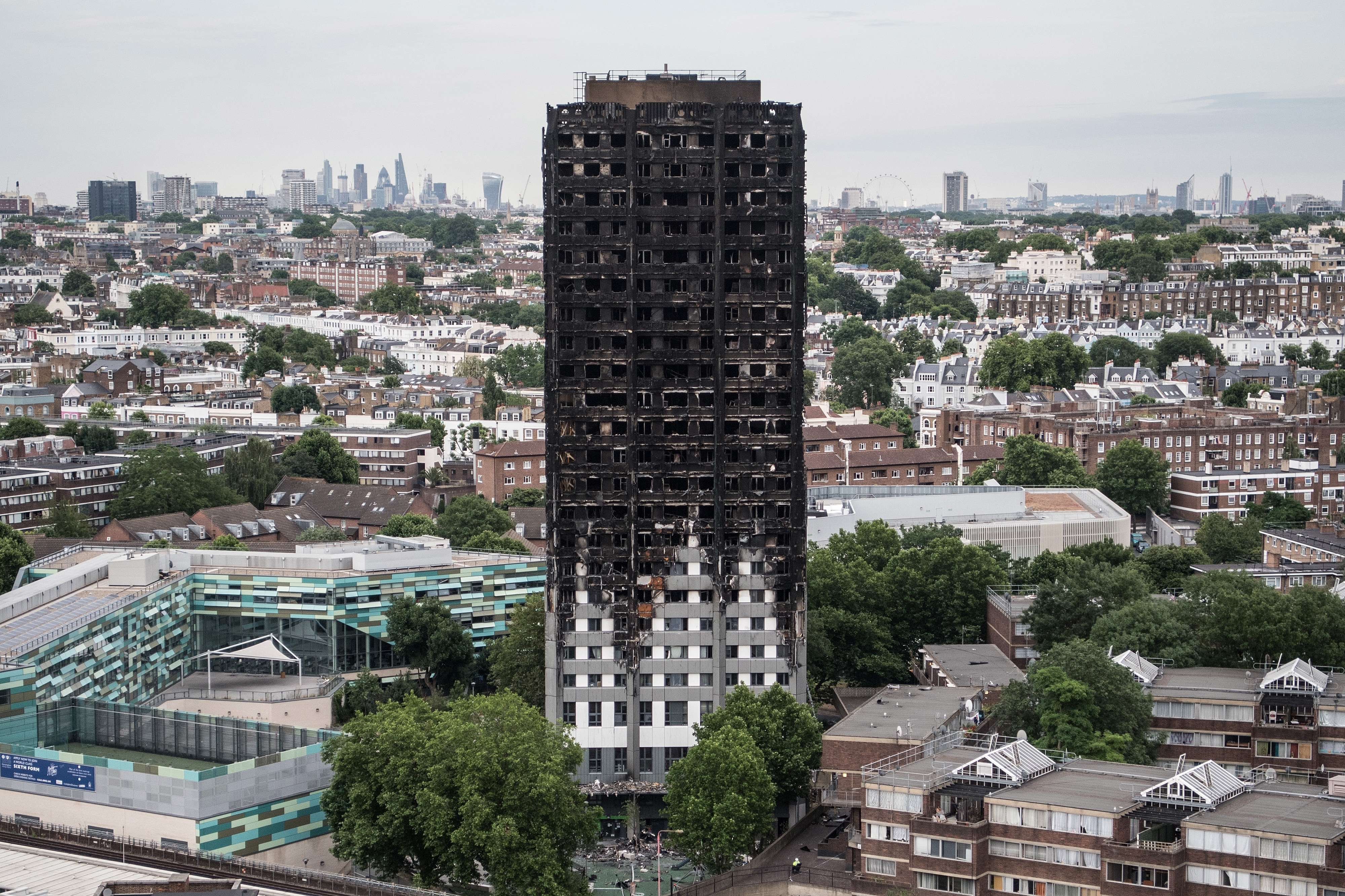
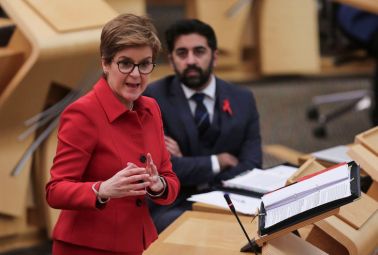

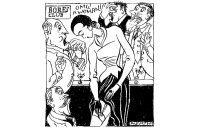

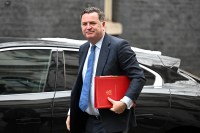
Comments
Comments will appear under your real name unless you enter a display name in your account area. Further information can be found in our terms of use.